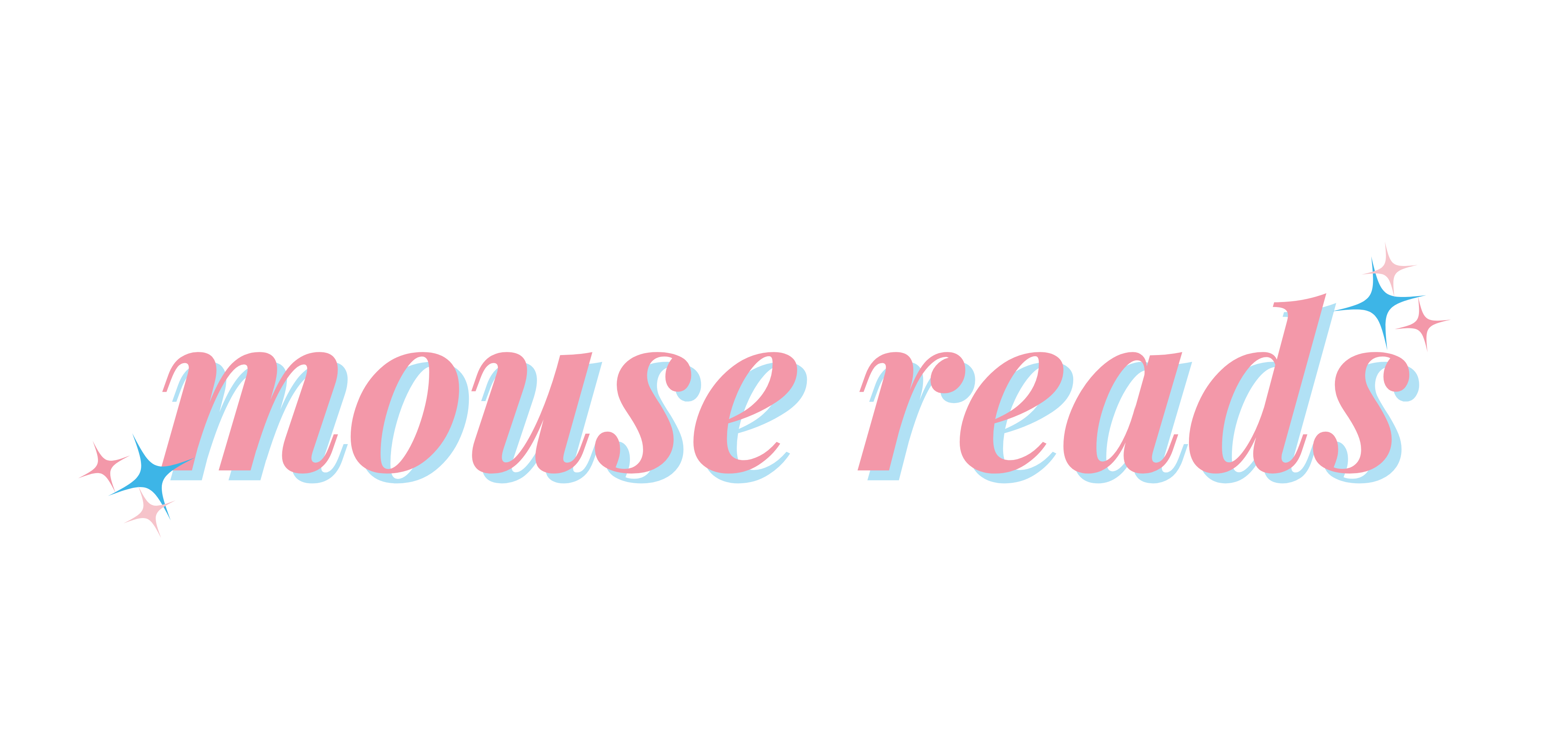Broke The Bread Spilled The Tea
Broke the Bread Spilled the Tea by Mitchell Kesller is a commentary book that addresses the church’s contradictions. In this book, we look at the way the church has misinterpreted the scriptures on homosexuality.
All quotes are from an advanced reader copy, and may or may not reflect the published edition.
From Goodreads:
What do you do when your identity directly contradicts your faith?
The Christian Church has long been one of the most influential institutions in society. Self-proclaimed as God’s representatives on earth, it is ironic to see how a faith of love and inclusion has been the source of wars, genocides, slavery, and oppression throughout the ages. In an era of misinformation and blind faith, maybe it’s time to take a closer look at the Bible and “judge by the fruits” of what is real and what is not. Broke the Bread, Spilled the Tea aims to explore one of Christianity’s most marginalized groups and breaks down exactly what the Bible says about queerness through a contextual, historical, and lexicological lens. Bridging the gap between identity and faith is possible when we conclude that perhaps the God preached on the Sunday pulpits isn’t the fullness of who He actually is.
From an author deep in the trenches,
I’ve broken the bread,
it’s time to spill the tea
AS CAWPILE:
Characters: 7 | Atmosphere: 6 | Writing: 7 | Plot: 7 | Intrigue: 8 | Logic: 6 | Enjoyment: 7
Total: 6.86 / 3 stars
CAWPILE was tricky for this as it is a nonfiction book discussing the bible.
“To most Christians, challenging any part of their beliefs is equated to an attack on the very essence of who they believe themselves to be, so there will always be those who resist change. This kind of fragile Christianity impedes any sort of progress.”
Mitchell Kesller does a great job at addressing hard topics with a gentle hand and a kind heart. This book is important for people to read, and is presented in a way that is digestible for the casual theological reader. Yes, there were moments that seemed to contradict one thought to the next, rendering some arguments null. However, the intent there was as clear as day: Kesller wants one to know they are loved, and that the Church as an organization has historically been…well, wrong.
“You cannot make one Bible verse law, while diminishing the validity of the others surrounding it. All of these terrible events that have occurred within the LGBT+ community are a direct result of a society that chose ignorance of a holy scripture over true understanding.”
While I am no longer Christian, and thus had to disconnect myself from some of the language around a loving god, this book would be a fantastic one for queer Christians who are struggling with feeling loved and accepted in their communities, or, are wanting to set healthy boundaries and have healthy discussions around these topics.
“Woe to those who decree iniquitous decrees, and the writers who keep writing oppression…” Isaiah 10:1-3
There are, of course, some topics that have more focus than others, small glazing over women’s queerness almost entirely. This is likely due, in part, to the lack of mention of it in the bible at all. This is just one small example of topics seemingly more overlooked. However, our author is upfront about his lack of theologian or historian degrees, and how this limits his own understanding. The intent to assist as best as possible is clear throughout the book, making this hard to critique with too heavy of a hand.
“Where has our compassion gone? What are we doing to better the social structures that could ultimately eliminate the need for abortions on a grander scale? The Church often tries to eliminate a symptom without treating the underlying cause.”
Thank you to Netgalley and the publisher for a copy of this book in exchange for an honest review.
Read more reviews here.







Leave a Comment